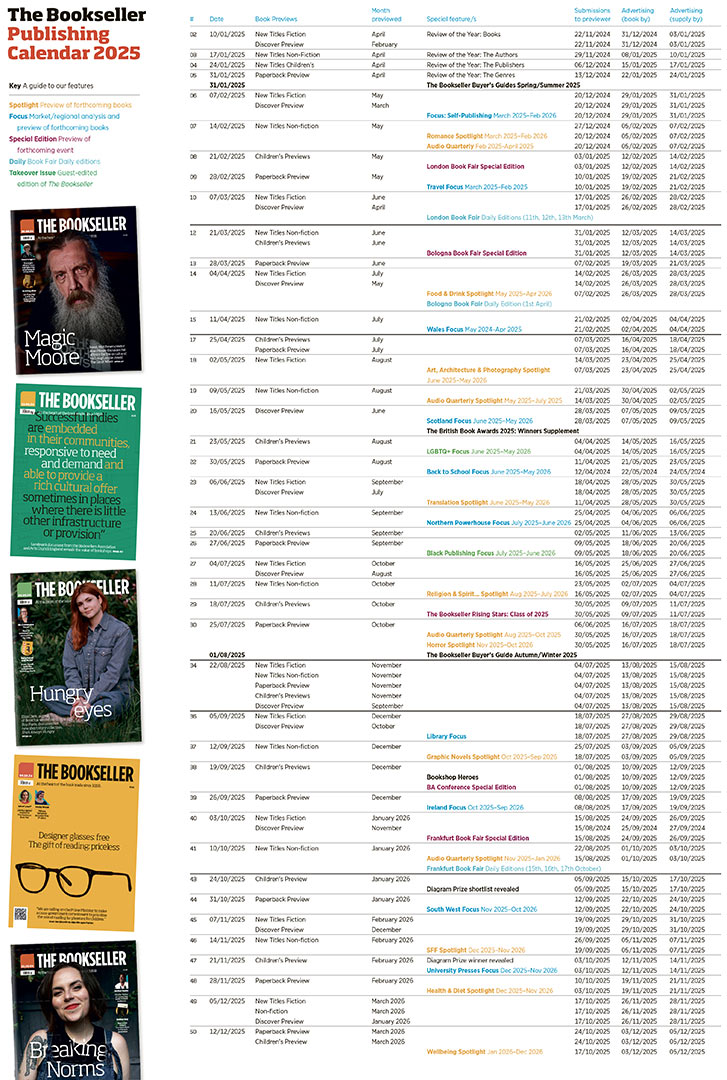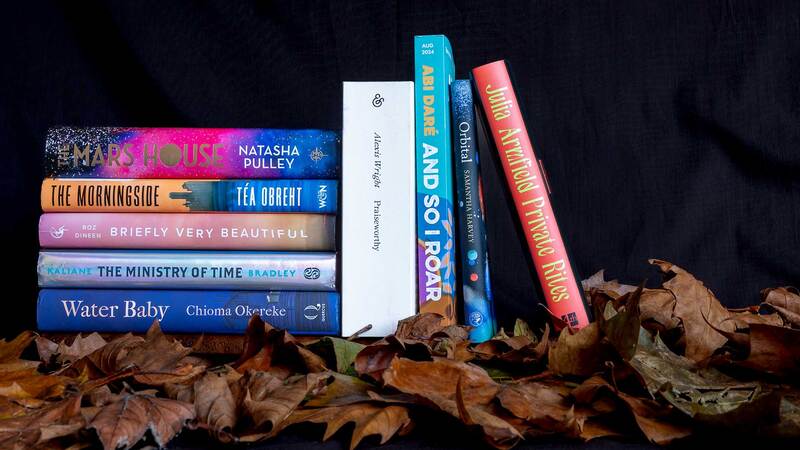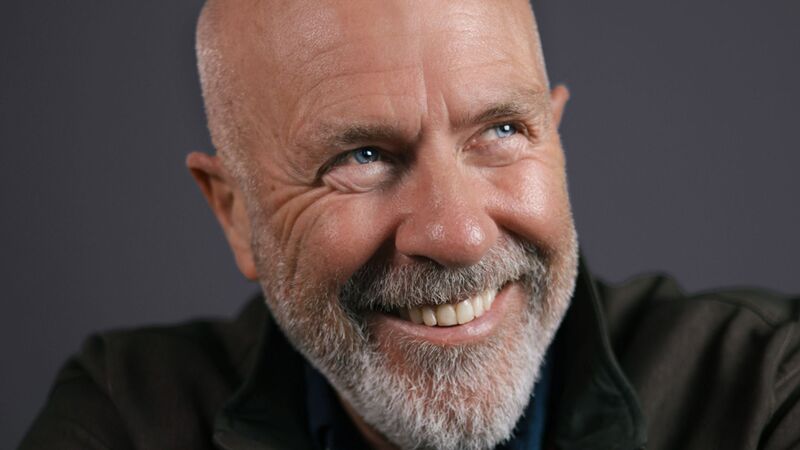You are viewing your 1 free article this month. Login to read more articles.
Empathy and evidence
Over the last few months there has been much debate about author remuneration and a lot of heat, but little light about how the proceeds of the book industry are being shared.
This is not a new debate—it is as old as the book itself— but that does not make it any less important. It goes to the heart of the author/publisher relationship, a partnership that provides the bedrock to our industry.
A few weeks ago, I questioned whether the short extract released from the Authors’ Licensing & Collecting Society (ALCS) survey of author remuneration, which suggests average author pay is dropping, told the full story. I did so because it was completely at odds with what publishers tell me about how they are operating their businesses and the significant amounts of money they continue to pay authors. I struggled to believe it was more than a partial insight to a complex matter.
In our submission to the All Party Writers’ Group inquiry into author remuneration, which we are making public today, we have outlined our concerns. Responding to this parliamentary inquiry has its challenges—not least as the ALCS report which prompted it has not been made public. However, having looked at the methodology used in previous years we have raised concerns around whether these surveys are fully representative of author pay, and pointed to a number of apparently contrary findings.
With all of that said, I do of course understand that there are authors, as there are people in all walks of life, who are struggling to make ends meet. We need to understand why and help where possible. Publishers are committed to working to ensure that writing remains a well-remunerated and successful career for as many authors as possible.
In related conversations, I have been told that my approach is too data-driven, that focusing on the figures displays a lack of empathy towards the reality of those struggling to make a living. But I stand by the view that alongside empathy we need this discussion to be rooted in evidence. There is clearly an information gap on this issue, some of which is the fault of the Publishers Association.
Last year we commissioned and released research from Frontier Economics about the economic value of publishing. As part of this work, economists attempted to calculate investments in literary originals and stated that authors received £161m in total in 2016 from advances, royalties, secondary licensing and rights. Understandably, a number of authors and publishers raised concerns with us about how this figure could be so low, especially at a time when publisher revenues were increasing.
It has been an uncomfortable experience to have our own figures quoted back at us and we can now state that this figure, which we already thought was conservative, was actually way off the mark. Getting to the bottom of this has taken longer than it should have, but the researchers have gone back over their calculations and the original research it was based on. We are publishing a formal correction today in the form of an addendum.
In summary, Frontier Economics incorrectly stated that the total payment authors received in 2016 was £161m. However, this figure did not include the advances publishers pay to authors and, as such, a more accurate figure is around £350m. It is worth noting as well that this figure relates to authors in consumer publishing, since journal and textbook publishers operate very different business models and their authors are often remunerated in other ways. All of this means that of the roughly £1.8bn consumer publishers received in revenues in 2016, 19% was paid to authors, significantly above the profit margins of almost every publisher.
In addition to revising the figure above, we and our members are trying to further remedy the information gap by working directly with the Office for National Statistics to update official statistics, so that we can more reliably inform and understand better such matters in the future.
It is true that the most successful books effectively pay for the rest, and that most of the 180,000 books published in the UK each year don’t make significant sums of money for author or publisher. Publishers go to great lengths to ensure authors are appropriately rewarded for their work and continually invest in new talent. We should be careful about calls to move away from this model towards, as some appear to be suggesting, one that rewards regardless of commercial success. This could totally undermine the delicate balance of the book ecosystem that exists today.
The UK continues to be one of the best places in the world to write a book. We have a superb industry of authors, agents, publishers and booksellers. Our books are in great demand, domestically and around the world. This is despite the fact that we have experienced nothing short of a revolution over the past few decades, coming to terms with the reality of enormous retailers who can effectively dictate terms.
It is right that there is a frank discussion about what is appropriate for different parts of the industry to receive from its success, but we do not serve our industry well if we descend into factions and blame one another. We also don’t serve our industry well if we lack confidence in the evidence we’re using as the basis for assertions made. I will continue to push for the best possible evidence—including when it involves holding my own hand up to correct a mistake we have made.
















